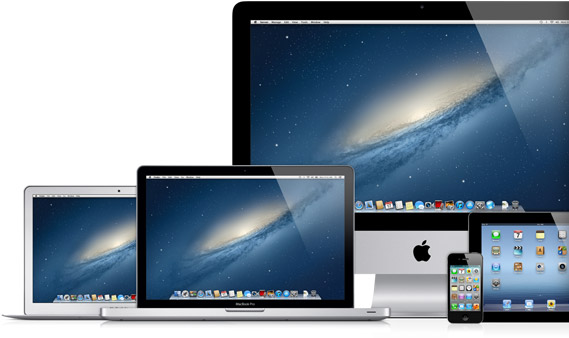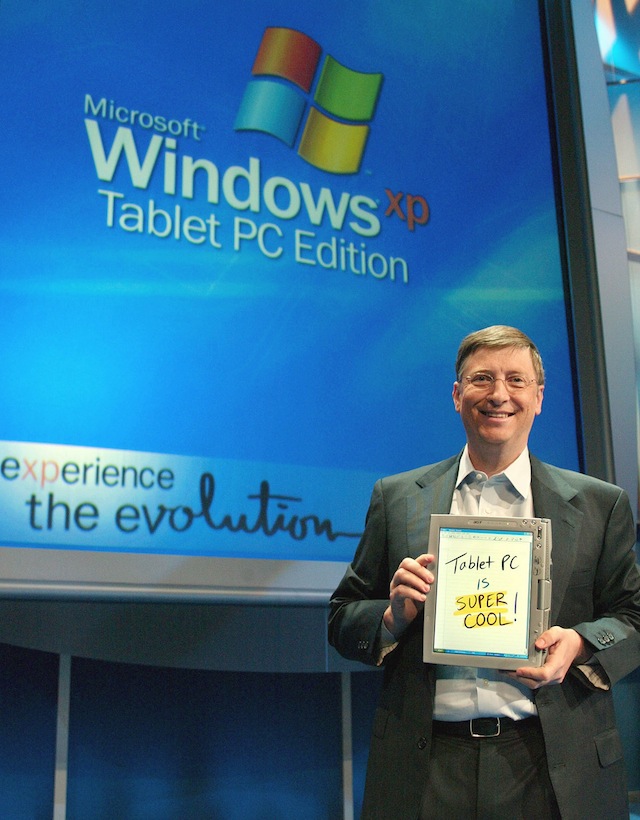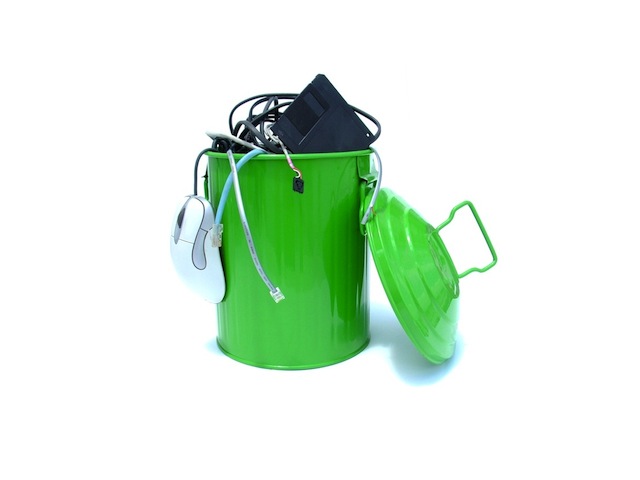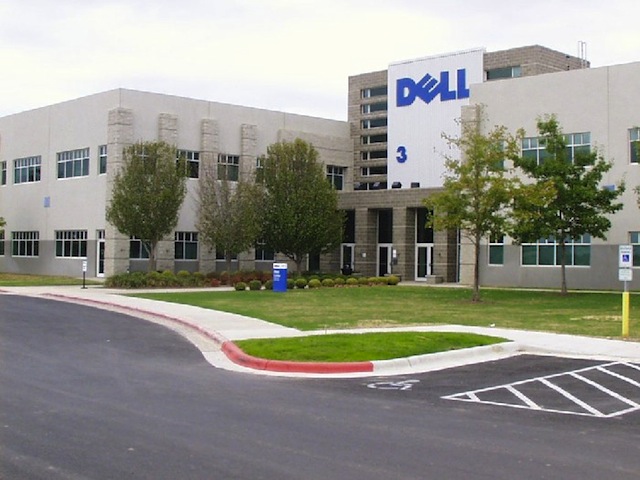“There have only been two milestone products in our industry to date,” Steve Jobs told the Boston Computing Club in 1984. “The first was Apple II in 1977 and the second was the IBM PC in 1981.”
Jobs at the time was announcing the third breakthrough – the Apple Mac – which turned 30 last week.
Looking back over the four decades of the PC industry, Jobs’ claim that the Apple Mac was the sector’s third milestone stands up to scrutiny, however the greatest milestone of all for the PC was the launch of Window 3.0 in 1990.
The rise of Windows
Windows 3.0 changed the business model of the industry, it established software vendors – particularly Microsoft – as being dominant over hardware manufacturers, that shift nearly killed Apple and eventually sent most PC builders to the wall.
Microsoft’s advantage over Apple, IBM, Atari and dozens of other systems, was that users weren’t locked into one vendor’s products. It was possible
The Windows 3.0 milestone was even more important in that it forced a shakeout in the software industry as well, many of the incumbent vendors – most notably WordPerfect – though the Windows Graphic User Interface (GUI) was a flash in the pan and that most office workers would prefer to use keyboard instructions rather than mouse clicks.
WordPerfect was horribly, horribly wrong in judging the market and by the time they released the Windows versions of their product Microsoft had captured key market share for Word and the bundled Office suite that dominates the business world today.
Going mobile
So things were good for Microsoft until the next milestone, which again was marked by Steve Jobs, the launch of the iPhone genuinely did change the smartphone industry and was the first inkling of mobile would eventually destabilise the PC sector.
It’s interesting comparing Jobs’ iconic 2007 iPhone which sets the standard for product launches with the somewhat rough at the edges 1984 Boston presentation although both show how Steve Jobs was a master salesperson and a passionate believer in his products.
The PC’s final milestone
Three years later Steve Jobs delivered the milestone product that marked the beginning of the end for the PC industry, the iPad finally delivered a mobile computing device that businesses and consumers wanted.
Apple’s iPad also marked a fundamental shift in the computer industry – no longer did the software companies control the market, power had shifted back to the manufacturers.
From that moment on the PC, and Microsoft’s Windows business, started a terminal decline.
The rise and fall of the personal computer is a great illustration of a transition technology. That Steve Jobs bookmarked the beginning and the end of the PC industry is an interesting note about a technology that changed the home and workplace.





